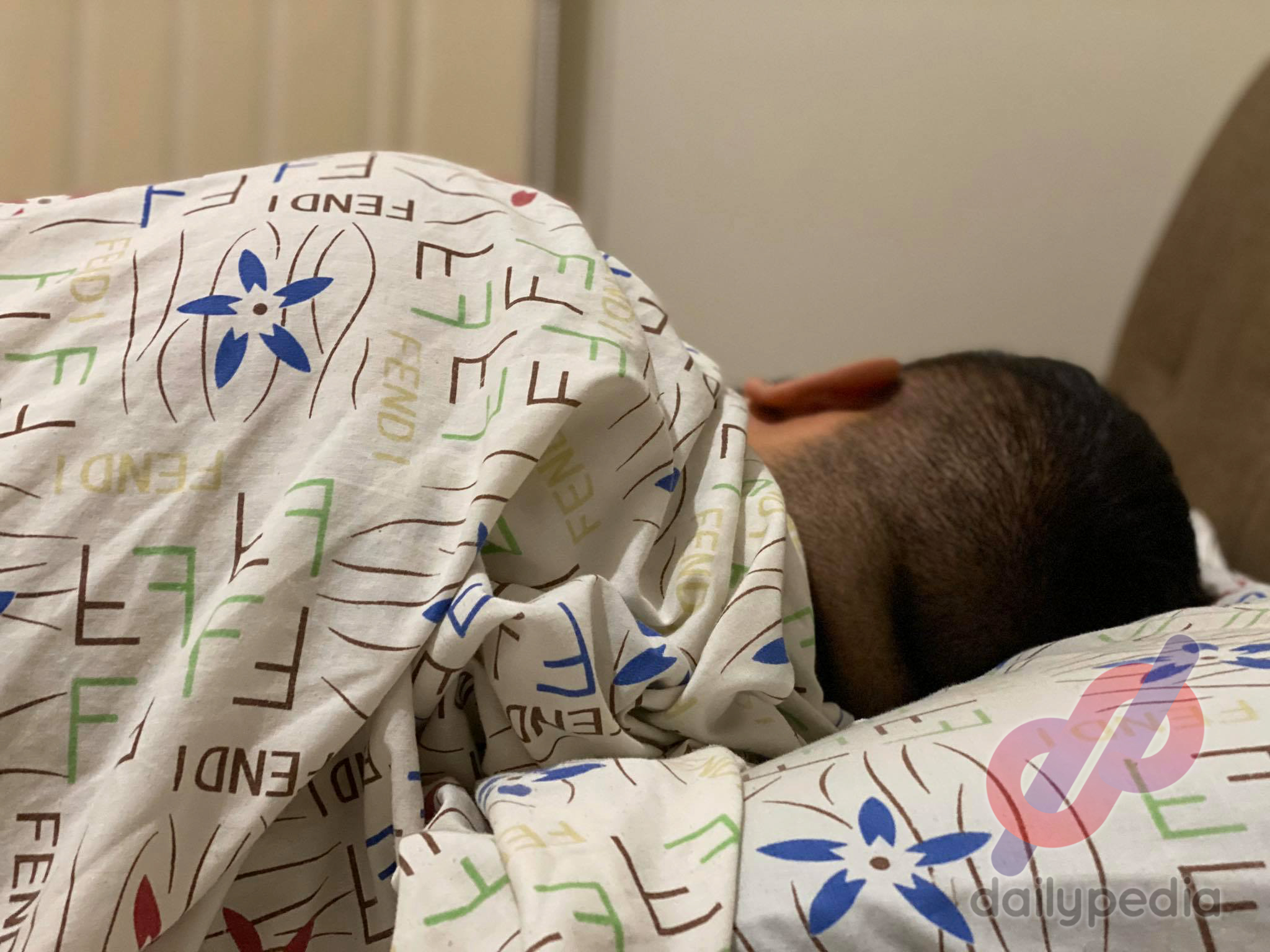A new study conducted by American researchers has found that too little or too much sleep can negatively impact people suffering from asthma, making the condition worse than it already is.
The study that was published in the Annals of Allergy, Asthma, and Immunology had surveyed 1,389 adults aged 20 years and older who reported having asthma about their sleep habits.

Researchers at the University of Pittsburgh found that 25.9% of participants were “short” sleepers and that only get five hours of sleep or less per night, 65.9% were “normal” sleepers and got six to eight hours per night while 8.2% were labeled as “long” sleepers who slept for nine or more hours every night.
In addition, short sleepers were more likely to be younger and belonged to a race of color while long sleepers were more likely to be older, female, and a smoker.
Compared to normal sleepers, short sleepers were found to have a higher risk of having an asthma attack, dry cough, and an overnight hospitalization during the past year, worse health-related quality of life—including more days of poor physical and mental health—and more days of inactivity due to poor health and the need to use the healthcare system more as well.
Long sleepers on the other hand are more likely to limit their activities because of wheezing.
Although only little is known about the effects of sleep on asthma in adults, the researchers concluded that not getting enough sleep or having too much of it will negatively impact the overall health.
“Previous research revealed that poor sleep quality has a negative effect on asthma symptoms in adolescents,” says Faith Luyster, PhD, lead author of the study. “Our study shows that adults with asthma are equally affected by too little (or sometimes too much) sleep. Compared to normal sleepers, short and long sleepers had a higher proportion of people who reported having an asthma attack in the past year (45% versus 59% and 51% respectively) and had more days with impaired health-related quality of life. Impaired quality of life was characterized by more days of poor physical and mental health.”
“Disturbed sleep in an asthma patient can be a red flag indicating their asthma isn’t well-controlled,” says allergist Dr. Gailen D. Marshall, ACAAI member and editor-in-chief of Annals. “This study adds solid evidence to the practice of asthma patients discussing sleep issues with their allergist to help determine if they need to change their asthma plan to achieve adequate sleep as a component of overall good asthma management. It also warns that consequences can be expected when sleep patterns are chronically inadequate,” the study stated.


